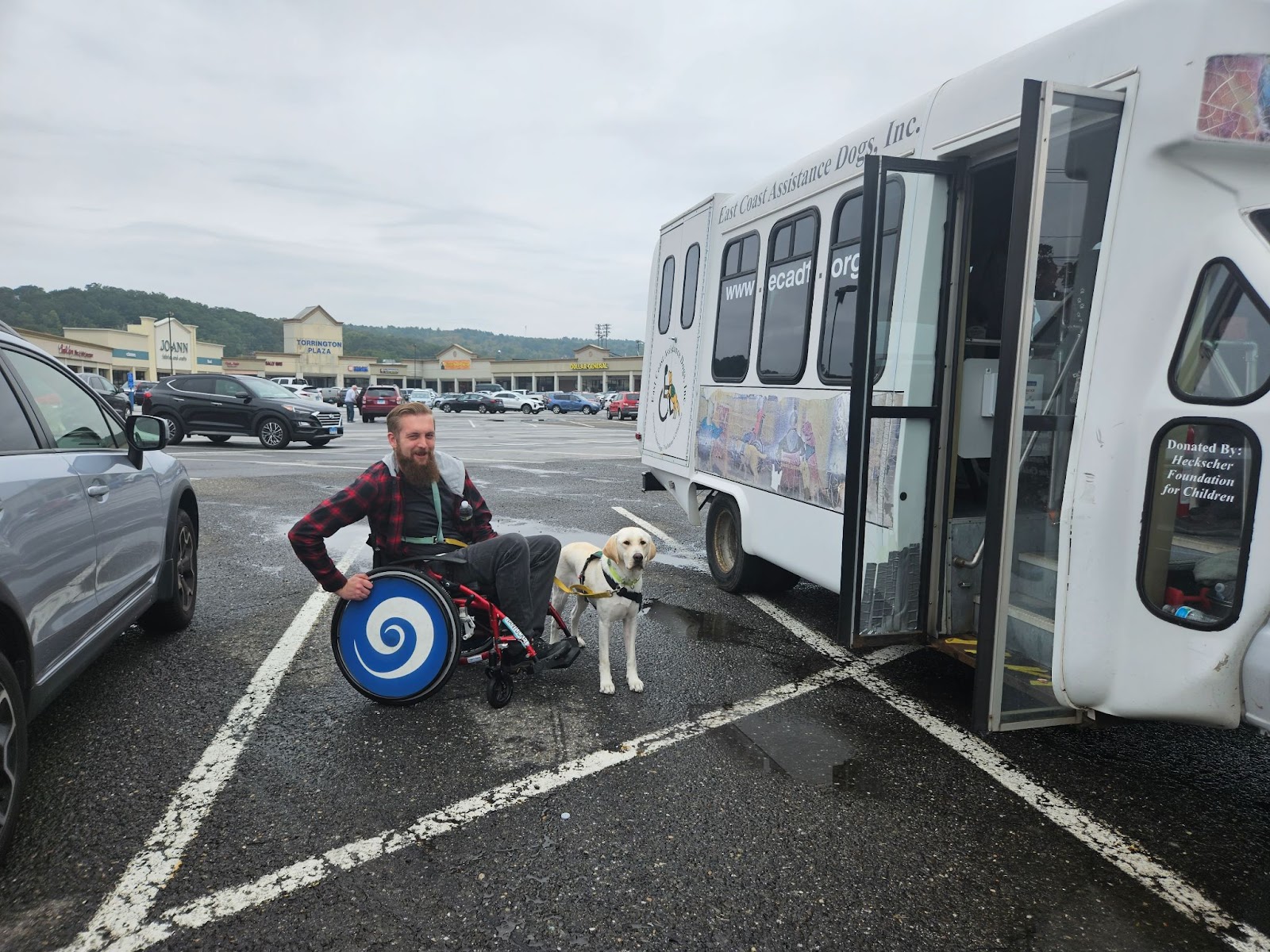Service Dogs play a crucial role in the lives of many individuals with disabilities, offering both practical assistance and emotional support. However, the journey of a Service Dog handler can be filled with challenges, from accessibility issues to public misunderstanding. Continue reading to learn how to build a supportive community for Service Dog handlers, ensuring they receive the understanding and support they need.
Understanding Service Dogs and Their Handlers
What Is a Service Dog?
A Service Dog is a specially trained dog that performs tasks to help an individual with a disability. These disabilities can be physical, sensory, psychiatric, intellectual, or other mental disabilities. According to the Americans with Disabilities Act (ADA), Service Dogs are legally recognized and can accompany their handlers in public areas where pets are typically not allowed.
The Role of a Service Dog Handler
A Service Dog handler is an individual who relies on a Service Dog to assist with their disability. It's essential to recognize that Service Dog handlers may face various challenges, including social isolation, accessibility issues, and discrimination.
Building Supportive and Inclusive Communities
Service Dog handlers' issues can severely impact their ability to live independently and participate in their communities. There are several things everyone can do to support Service Dog handlers in our communities.
- Educate the Public
One of the critical steps in building a supportive community is educating the public about Service Dogs and their handlers. It’s essential to dispel myths and explain the legal rights of Service Dog handlers. The ADA National Network provides valuable resources on service dog regulations.
In addition, Service Dog handlers often face inappropriate interactions with the public, such as petting the Service Dog without permission. Educating the public on proper etiquette is vital to preventing these situations.
- Promote Accessibility
Ensuring accessibility in public spaces for Service Dog handlers is crucial. Accessibility includes providing clear paths, accommodating seating arrangements, and understanding the needs of Service Dogs.
- Build a Support Network
Fostering an environment where local businesses and community members actively welcome and accommodate Service Dog handlers is crucial for building a more inclusive society. By understanding the unique challenges faced by individuals who rely on Service Dogs, businesses can adapt their services to meet their needs better.
In addition, establishing support groups in physical spaces or through digital platforms offers a valuable resource for Service Dog handlers. These groups provide a safe and understanding environment where individuals can share their experiences, exchange advice, and gain emotional support. They also serve as a platform for advocacy, promoting positive changes in local policies and attitudes.
- Intervene and Advocate for Rights
Unfortunately, Service Dog handlers sometimes face a lack of understanding. If you witness discrimination or harassment, speak up to amplify the Service Dog handler’s voice.
Service Dog handlers may need to advocate for their rights in various situations. Organizations like the International Association of Assistance Dog Partners (IAADP) offer resources and support for advocacy efforts. In addition to standing up for Service Dogs and their handlers, get involved to advocate for more public infrastructure, like relief areas and quiet spaces.
- Listen and Learn
Listening to Service Dog handlers is essential to gaining a deeper appreciation and understanding of their unique challenges and experiences. Engaging in open and empathetic dialogue can provide valuable insights into their daily realities, the special bond they share with their service animals, and how these dogs enhance their quality of life.
Help Us Transform the Lives of People Living With Disabilities
Building supportive communities for Service Dog handlers in the US can positively impact the handlers and the broader public. Providing greater understanding and more inclusive spaces, Service Dogs and their handlers can participate more fully without fear of harassment or denial of access.
Support starts with each of us. Through education, advocacy, and showing support in individual interactions, we can each play a role in creating safe and inclusive communities for Service Dog handlers.
Everyone can take part in helping people with disabilities with Service Dogs. Support us with a donation, bequest, planned giving, contributions to our wish list, or create a fundraiser. Your support can change someone’s life.
